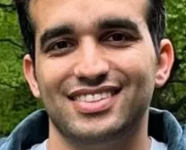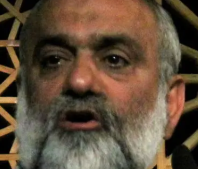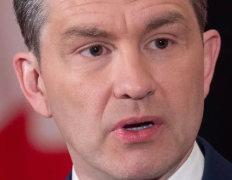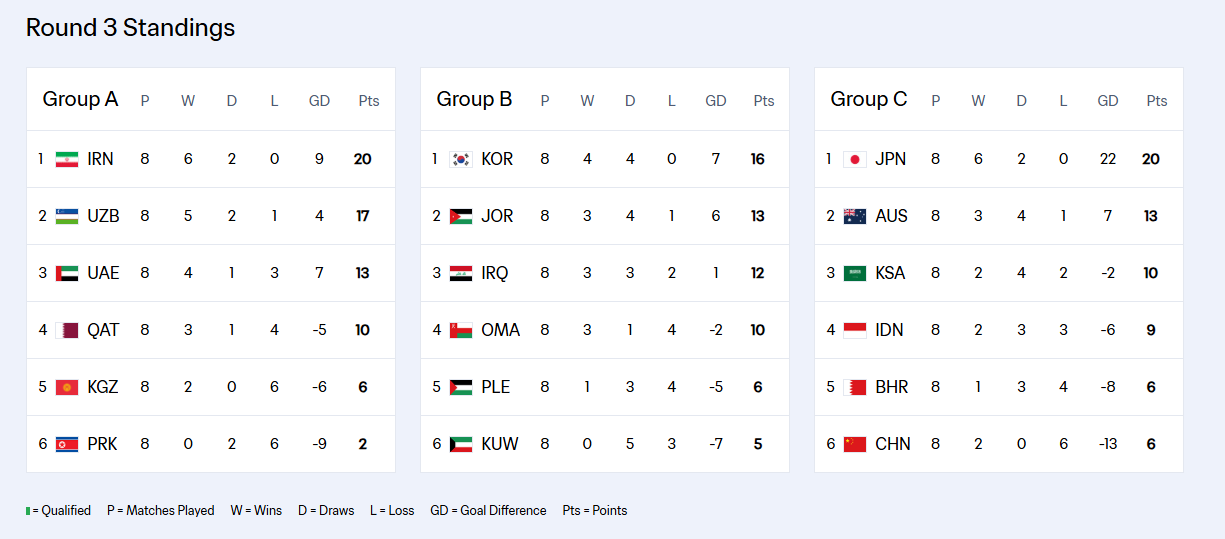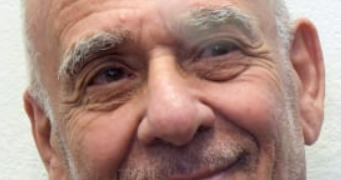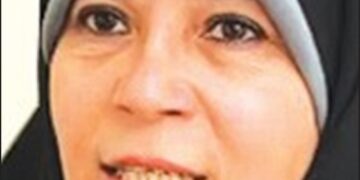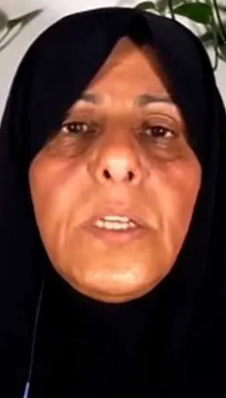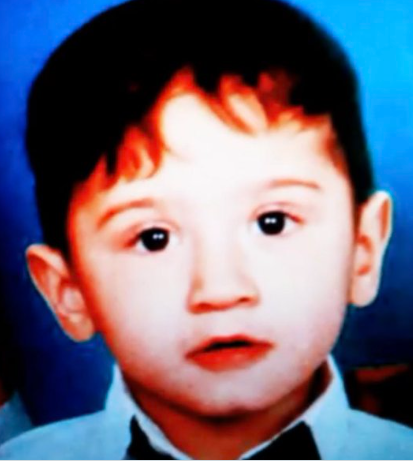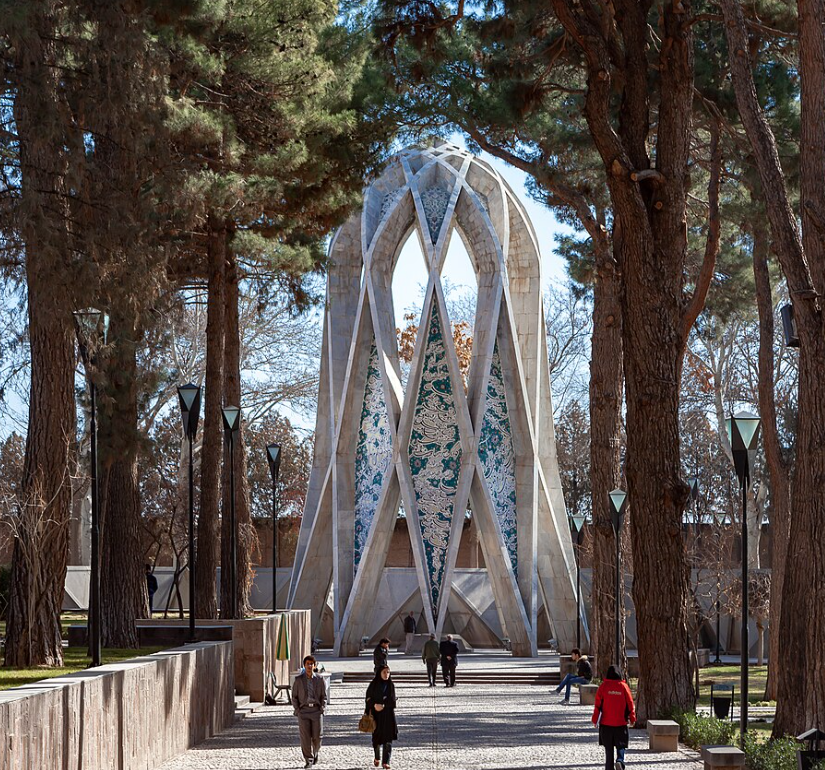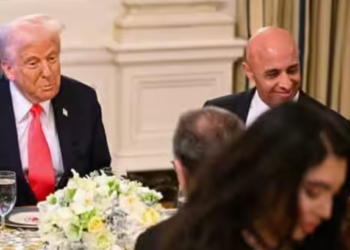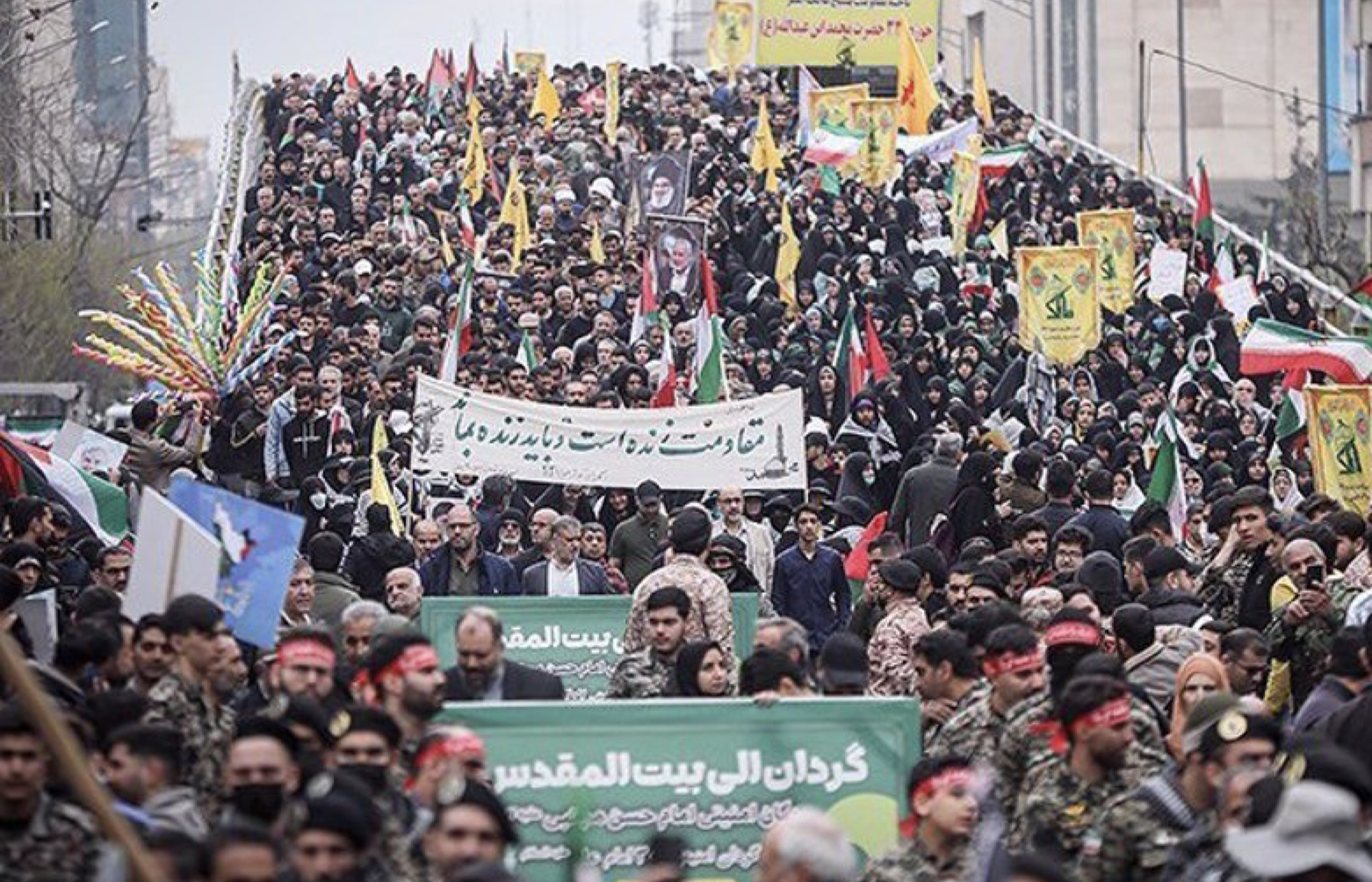March 17, 2023
The Judiciary says the Supreme Leader has pardoned 22,000 of the people arrested while protesting, which is more than the 18,000 to 20,000 estimated to have been arrested. But no one has announced how many protesters remain in jail and will face punishment.
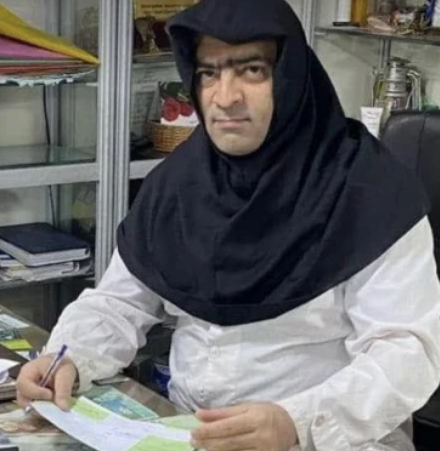
have taken to wearing hejab to mock the Iranian
government’s order that all female employees of
pharmacies must were a strict head covering. The
order specifies that the women must wear maqna’e,
not a mere headscarf, but a black cloth that covers
all the hair and is stitched down the front to fit
snugly around the head. The order was issued after
a video posted on social media showed a pharmacy
staffer being confronted by a customer demanding
she cover her hair
Judiciary Chairman Gholam-Hossain Mohseni-Ejai announced March 13, “So far, 82,000 people have been pardoned, including 22,000 people who participated in protests.”
The number of 82,000 pardoned in total as a result of Supreme Leader Ali Khamenehi’s annual pardons marking the February anniversary of the Islamic Revolution was astounding. Each year, Khamenehi issues a pardon decree, but the annual number is usually around 3,000 to 4,000. An amnesty of the scale Mohseni-Ejai announced means the regime is emptying the prisons of almost half of all the inmates in the country.
That is something many clerics have long favored, as the clergy generally believes that the government resorts to incarceration far too readily and has long advocated alternative forms of punishment. But Khamenehi did not paint his annual amnesty as prison reform. Nor did Mohseni-Ejai. So, it was not clear what exactly was going on.
It is worth noting that the government has long said it never arrested anyone for peacefully protesting, only for rioting, attacking police, damaging public property and other acts of violence. Now, it says it is freeing protesters, but will not amnesty those who rioted, attacked police officers, damaged public property or committed other acts of violence. The two announcements do not jibe.
Protests are continuing on a daily basis, but drawing relatively small numbers as they have since December. According to the tabulation of the Critical Threats Project at the American Enterprise Institute in Washington, DC, in the first half of March there were an average of three “small” protests each day, each drawing only dozens of people, except in Zahedan where protests drew several hundred people on each of the two Fridays in the first half of March. The three marches a day elsewhere were rated “small, which means fewer than 100 people, which in turn means fewer than 300 protesting nationally each day-not an impressive number.
Most of the continuing protests are not sponsored by groups advocating regime change as their main goal. In recent weeks, most of the protests have been organized by workers or retirees to express economic grievances.
The regime continues to try to repress the protests but is using a lighter hand and trying to avoid bloodying protesters. However, the latest person killed in the protests was a two-year-old toddler shot in the head March 3 in Esfahan. A truck belonging to the special forces came to a halt in front of family driving through town. The car driver said he tried to pull around the truck, when someone in the truck fired into the car, killing the toddler, Amir-Ali Musa-Kazemi.
As the Iran Times said in the last issue, the protests have been sufficient to convince most of the regime establishment that the regime has lost legitimacy in the eyes of the vast majority of the public and to prompt a massive soul-searching by the regime leadership on what they should do to regain the support of the people. That soul-searching continues, but has still not reached any agreement on any new policies whatsoever.
Most of the discussion is about economic policies, since almost everyone agrees that the economy is a failure and that blaming it all on sanctions has no credibility. There is broad agreement that what the Raisi Administration is doing economically is not helpful. But there is no consensus on any alternative, so the discussions that appear in public go nowhere. (The closest thing to consensus is that most critics agree that the government should have a smaller role in managing the economy, something that is difficult as long as the government owns so much of the economy.)
Hardly anyone talks about the dress code, because Supreme Leader Ali Khamenehi has said-and said repeatedly-that the dress code is essential in an Islamic country and he will not entertain proposals to do away with it.
To the right of this regime majority are the ultra-hardliners who loudly call for more force and ever harsher treatment to be meted out to anyone who does not bow down to the regime. To the left of this regime majority, there is body of people, mostly those once called Reformists, who support the proposal of former Prime Minister Mir-Hossein Musavi to hold a national referendum on whether to scrap the current system and start all over again. This approach is not supported by all Reformists, however. For example, former President Mohammad Khatami has rejected it.
Meanwhile, a half dozen opposition figures living in exile have announced the formation of an alliance intended to bring about a new regime in Iran. The group includes Prince Reza Pahlavi, Nobel Laureate Shirin Ebadi, actress Nazanin Boniadi and others. It says its focus is now on organizing activities outside Iran and not trying to influence internal activities. Its immediate goals include convincing democratic states to expel the ambassadors from Iran and to deport all dependents of major regime figures (like the daughter of former Majlis Speaker Ali Larijani who studies in Ohio) and to induce the West to provide assistance to the opposition inside Iran. Later, it hopes to see a referendum held in Iran on whether to keep the Islamic Republic, followed by elections for a constituent assembly to write a new constitution.
The extent of this group’s impact will depend entirely on how it is treated by the major powers, which so far have given no indication of taking its seriously.
The West, meanwhile, has been imposing sanctions with increasing fervor. Most of the sanctions are meaningless ones on Iranian officials accused of such things as human rights violations. The sanctions just freeze any assets they have in the West and deny them visas to Western countries. But some sanctions have been imposed on non-Iranian businesses that operate as front companies helping Iran market its oil disguised as coming from some other country. The sanctions bar those companies from doing business with the Americans. Some of those firms, however, were organized only to work with Iran and can ignore the sanctions because they do no business with the US. It isn’t known how many do business with the US and will actually be harmed by the sanctions.
Former President Hassan Rohani has launched a new website and Twitter account in recent weeks, which many see as the start of an effort to run again for president in 2025. Khamenehi, who has worked with Rohani for decades, has not interfered with Rohani’s political initiative, which some see as a hint that Khamenehi is prepared to see Rohani replace Raisi. The economy was not good under Rohani, but it was much better than it is now under Raisi.
Raisi is extremely unpopular, not only with the public but with the Majlis and political activists of all stripes. There are murmurs about the Majlis kicking him out of office. Such noises are not new. There were also frequent calls to impeach Presidents Khatami, Ahmadi-nejad and Rohani. What is different is that Khamenehi always defended Khatami, Ahmadi-nejad and Rohani and told the Majlis not to act against the president-but now Khamenehi is just silent in the face of numerous calls for Raisi to be canned.
While enforcement against street protests appears to have been dialed down significantly, that does not mean the regime has turned away from enforcement. There have been numerous reports in recent weeks of student activists being notified they are barred from campus at many universities around the country. These bans have reportedly been imposed on many of the students who have just received amnesty under Khamenehi’s pardon decree.
And in a case of very harsh discipline, the brother of aging activist Fatemeh Sepehri, who signed a letter in 2019 with 13 others calling on Khamenehi to resign, has been sentenced by a Mashhad Revolutionary Court to 18 years in prison. A poll taken a few months ago by the Netherlands’ based GAMAAN polling organization showed Sepehri to be the seventh most respected figure among 34 names respondents were asked to rank.
On the other side of the scale, a police colonel convicted of raping a teenager has been sentenced to all of 15 months. Col. Ebrahim Kouchakzai was the police chief in Chabahar when he was accused of rape of a Sunni girl. It was that crime that sparked the first mass demonstrations in Zahedan, demonstrations that continue every Friday and are the largest demonstrations anywhere in the country.

